
Lively Linden: The Heartbeat of Hannover
Linden is one of Hannover's most vibrant and eclectic neighbourhoods, offering an irresistible blend of history, culture, and modernity. Once a separate village, Linden has preserved its unique charm while integrating seamlessly into the bustling cityscape of Hannover. The area is renowned for its Bohemian vibes, artistic flair, and a strong sense of community. Stroll through Linden's cobblestone streets, and you'll encounter a delightful mix of old and new. Historic buildings stand proudly alongside hip cafes, trendy boutiques, and colorful street art. The neighbourhood's architecture tells the story of its industrial past, with beautifully preserved brick factories now housing galleries and creative spaces. Linden is also a gastronomic paradise. From traditional German eateries to exotic international cuisine, the food scene here is as diverse as its residents. Don't miss the weekly farmers' market at Lindener Marktplatz, where you can sample local produce and handmade goods. For nature lovers, Linden offers serene escapes like the Fösse River and the nearby Lindener Berg, a green oasis perfect for a leisurely walk or a picnic. The neighbourhood's vibrant nightlife, highlighted by numerous bars and live music venues, ensures that the fun doesn't stop when the sun goes down.
Local tips in Linden
- Visit Lindener Marktplatz on Saturdays for a lively farmers' market with local produce and crafts.
- Explore the side streets for hidden gems like independent boutiques and quirky cafes.
- Take a stroll along the Fösse River for a peaceful escape from the urban bustle.
- Check out the local street art; it's a key part of Linden's character and artistic heritage.
- Experience the nightlife; Linden has a variety of bars and live music venues to enjoy.
Lively Linden: The Heartbeat of Hannover
Linden is one of Hannover's most vibrant and eclectic neighbourhoods, offering an irresistible blend of history, culture, and modernity. Once a separate village, Linden has preserved its unique charm while integrating seamlessly into the bustling cityscape of Hannover. The area is renowned for its Bohemian vibes, artistic flair, and a strong sense of community. Stroll through Linden's cobblestone streets, and you'll encounter a delightful mix of old and new. Historic buildings stand proudly alongside hip cafes, trendy boutiques, and colorful street art. The neighbourhood's architecture tells the story of its industrial past, with beautifully preserved brick factories now housing galleries and creative spaces. Linden is also a gastronomic paradise. From traditional German eateries to exotic international cuisine, the food scene here is as diverse as its residents. Don't miss the weekly farmers' market at Lindener Marktplatz, where you can sample local produce and handmade goods. For nature lovers, Linden offers serene escapes like the Fösse River and the nearby Lindener Berg, a green oasis perfect for a leisurely walk or a picnic. The neighbourhood's vibrant nightlife, highlighted by numerous bars and live music venues, ensures that the fun doesn't stop when the sun goes down.
Unmissable attractions to see
Masch Park
Discover the natural beauty and historical charm of Masch Park in Hannover, a perfect retreat for relaxation and recreation in the city.
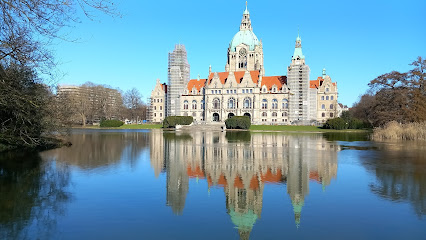
Von-Alten-Garten
Explore the tranquil beauty of Von-Alten-Garten, an urban garden in Hanover offering stunning landscapes and peaceful retreats for all visitors.
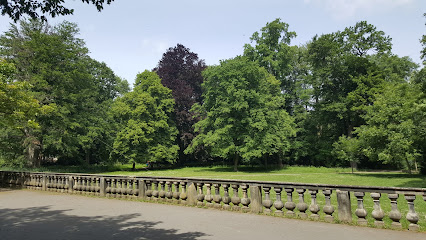
Das blaue Wunder
Experience the beauty of Das blaue Wunder, a stunning bridge in Hanover, perfect for scenic views, photography, and leisurely strolls.
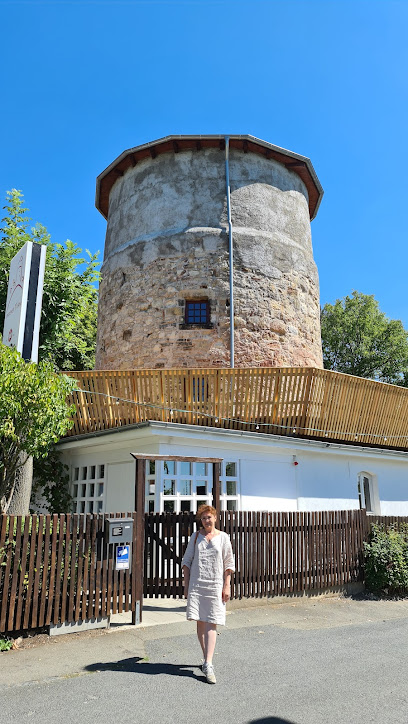
Blick von der Kanalbrücke auf den Lindener Hafen
Discover the stunning views and vibrant atmosphere of Lindener Hafen from the Canal Bridge in Hanover, a picturesque destination for all travelers.
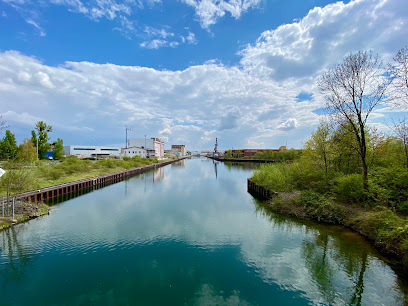
Schnullerbaum
Experience the whimsical Schnullerbaum in Hanover—a charming tourist attraction celebrating childhood and local culture amidst the vibrant Linden-Limmer borough.
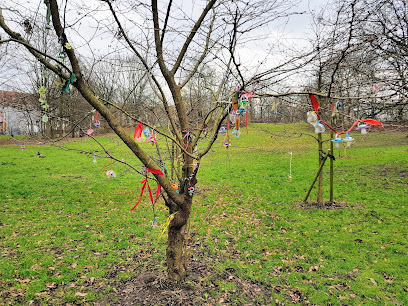
Schwarzer Bär
Explore Schwarzer Bär in Hannover, a scenic tourist attraction blending nature and local culture for a perfect day out.
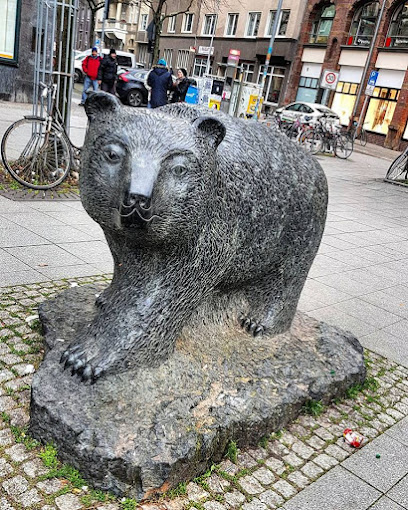
Ihmemündung
Explore the hidden gem of Ihmemüntung in Hanover, where history meets charm in an unforgettable tourist experience.
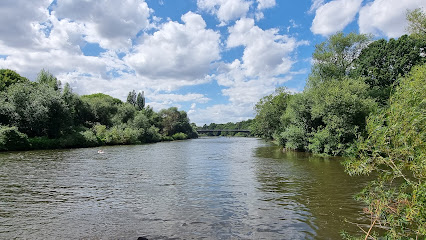
Limmer-Klavier
Explore Limmer-Klavier in Hannover, a unique tourist attraction celebrating the art of piano craftsmanship and vibrant musical culture.
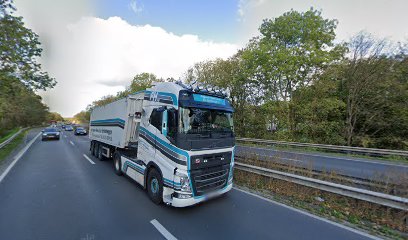
Kunstbanause
Experience the vibrant art scene at Kunstbanause in Hanover, where contemporary creativity meets local talent in an inspiring atmosphere.
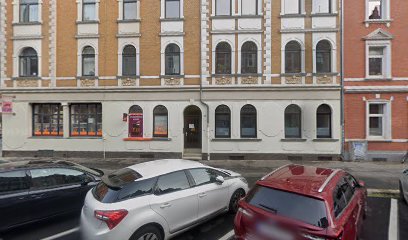
Essential places to dine
Türkisches Restaurant - Tandure - Hannover
Discover authentic Turkish flavors at Tandure in Hannover - a culinary delight featuring exquisite dishes and warm hospitality.
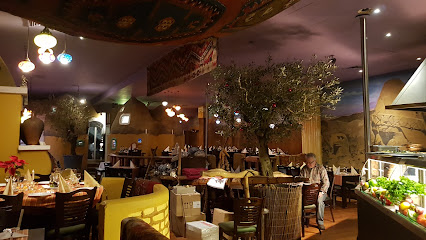
11A – Küche mit Garten
Experience authentic German cuisine amidst serene garden settings at 11A – Küche mit Garten in Hanover.
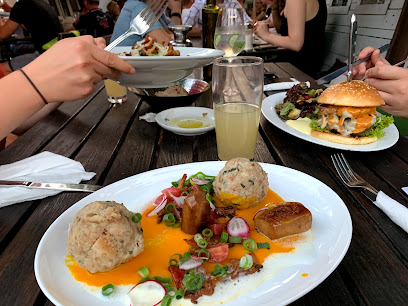
Das Ei Hannover
Experience delightful dining at Das Ei Hannover – where taste meets affordability in a cozy setting.
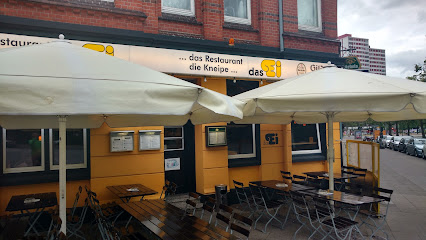
Notre Dame
Discover authentic Italian flavors at Notre Dame in Hannover's charming Linden-Limmer district.
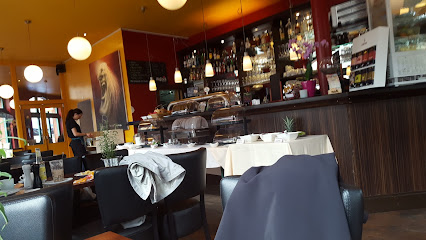
dasZwiespalt
Discover dasZwiespalt: A Culinary Haven in Hanover's Linden-Limmer District Offering Innovative Dishes with Local Flavors.
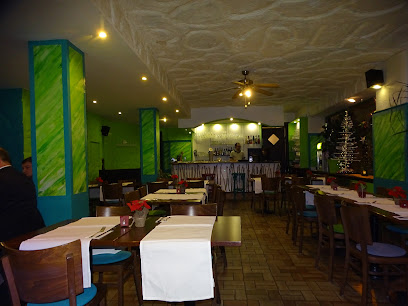
Das kleine Museum - Hannover
Discover culinary treasures at Das kleine Museum in Hannover - where exquisite French and German cuisine meets vibrant atmosphere.
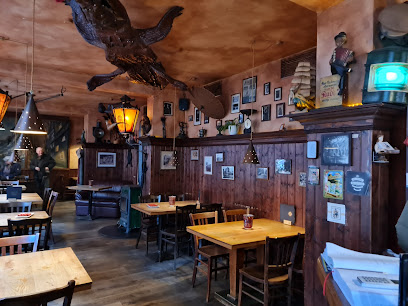
Restaurant Soulkitchen
Discover exquisite flavors and warm hospitality at Restaurant Soulkitchen in Hanover's charming Linden-Limmer district.
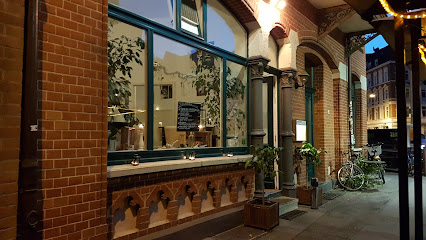
Mio Mio Linden
Savor authentic Italian cuisine at Mio Mio Linden in Hanover; renowned for its delicious pizzas and inviting atmosphere.
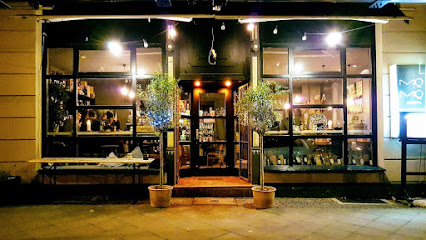
Gaststätte Algarve
Experience authentic Portuguese cuisine at Gaststätte Algarve in Hanover - where tradition meets flavor in every dish.
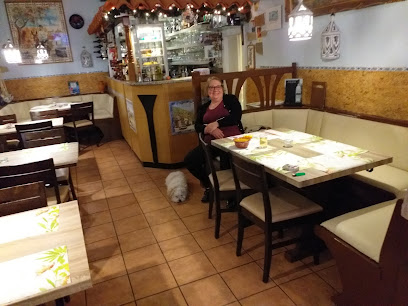
Luci della Montagna
Experience authentic Italian cuisine at Luci della Montagna in Hanover – where every dish tells a story.
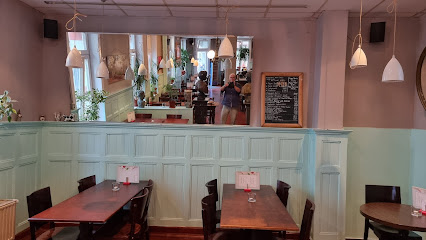
Markets, malls and hidden boutiques
KaLi - Kaufhaus Linden
Explore KaLi - Kaufhaus Linden in Hannover, a vibrant department store offering a unique blend of local and international shopping experiences.
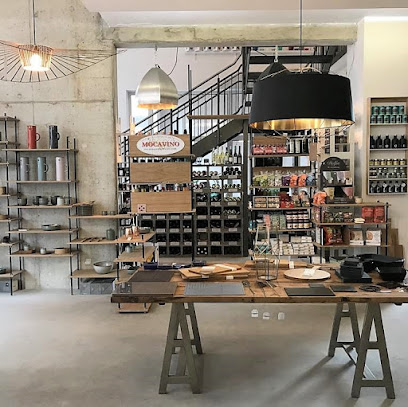
Riva - Wohnaccessoires & Schmuck
Explore Riva in Hanover for an enchanting shopping experience filled with unique gifts, stylish accessories, and delightful home decor.
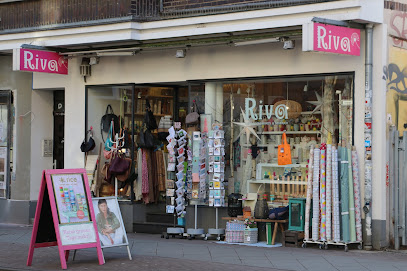
Vintage Schuppen
Discover unique vintage fashion treasures at Vintage Schuppen in Hanover's vibrant Linden-Limmer district.
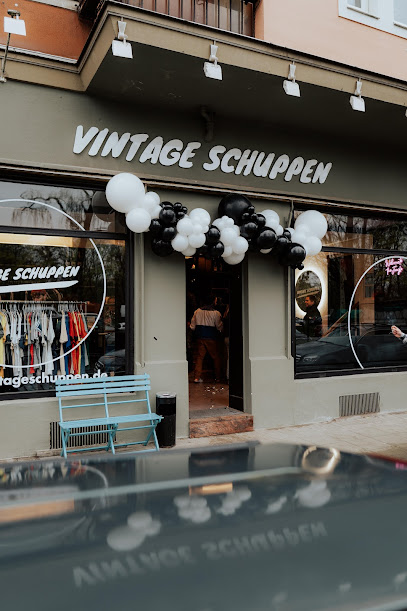
UVR Berlin Hannover
Explore local fashion trends at UVR Berlin Hannover, a stylish clothing store offering unique apparel and accessories for men and women.
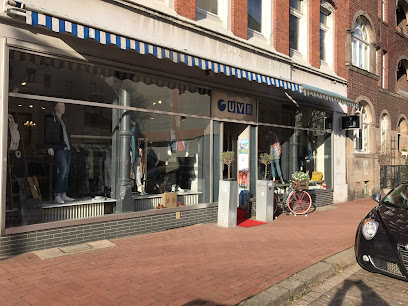
Paradisia Germany
Explore unique fashion at Paradisia, Hanover's charming boutique offering modern and sustainable clothing in a welcoming atmosphere.
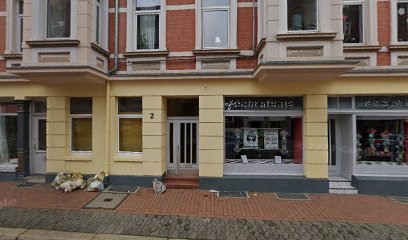
ELLA
Discover ELLA in Hanover – where unique fashion meets local charm in a cozy shopping atmosphere.
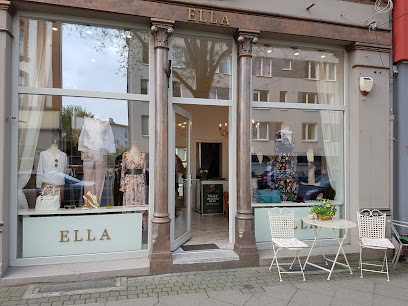
Lola - Schöne Dinge
Explore the unique fashion offerings at Lola - Schöne Dinge, a must-visit clothing store in Hanover's Linden-Limmer district, celebrating local style.
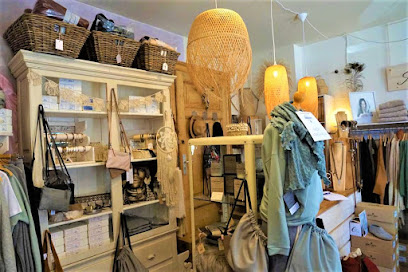
Kaufhaus Feinbein
Discover unique women's fashion at Kaufhaus Feinbein in Hanover, where style meets quality in a vibrant shopping setting.
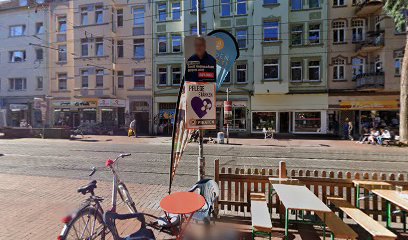
Lamita Shop
Explore Lamita Shop in Hanover for unique second-hand clothing that blends sustainability with style, perfect for the eco-conscious traveler.
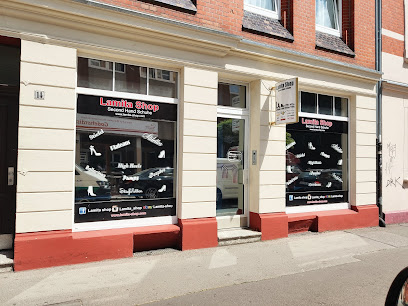
Medina Shop
Explore Medina Shop in Hanover for unique clothing and accessories that reflect local fashion trends and styles.
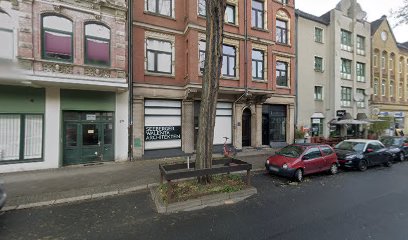
Essential bars & hidden hideouts
Bar Añejo
Discover the vibrant flavors of Venezuela at Bar Añejo, where authentic cuisine meets a lively bar atmosphere in the heart of Hanover.
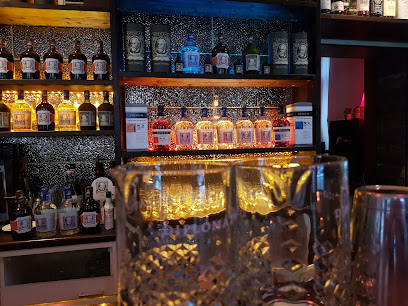
Lindwurm
Experience the vibrant atmosphere, live music, and delightful drinks at Lindwurm, Hannover's premier bar destination for an unforgettable night out.
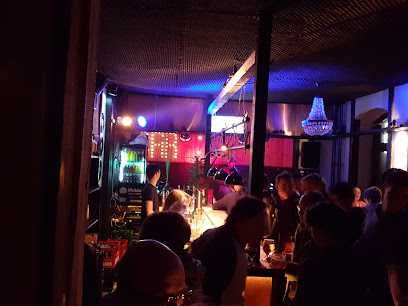
Barkarole
Experience Hanover's nightlife at Barkarole, a vibrant pub with a welcoming atmosphere and diverse drink offerings.
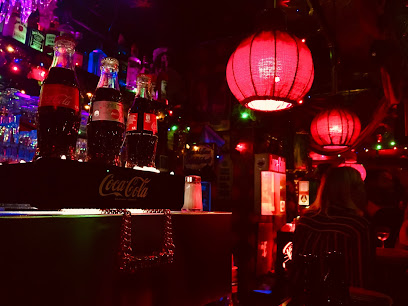
Bronco’s - Hannover
Experience the vibrant nightlife at Bronco's in Hannover, where exceptional drinks and live entertainment create unforgettable moments.
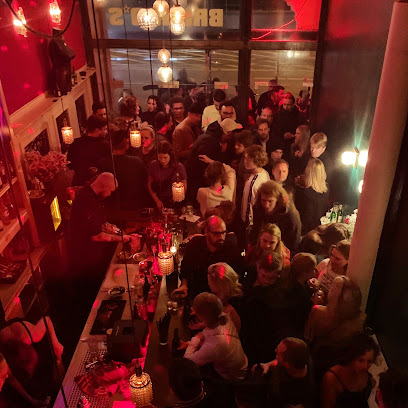
Stubenwechsel
Discover Stubenwechsel, Hanover's premier cocktail bar, where innovative drinks meet a vibrant atmosphere for an unforgettable night out.
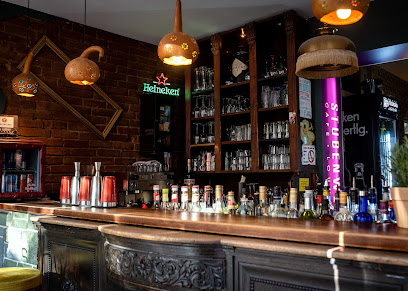
Cosmos
Experience the vibrant nightlife at Cosmos Bar in Hanover, where great drinks and lively entertainment await every visitor.
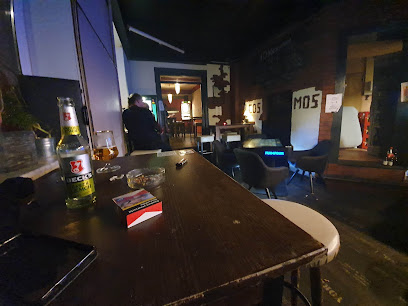
IhmeRauschen
Experience the vibrant nightlife of Hanover at IhmeRauschen, where cozy ambiance meets an extensive drink menu.
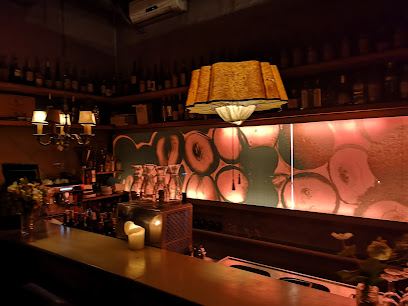
Schenker
Discover the vibrant nightlife at Schenker, Hanover's premier cocktail bar, offering innovative drinks and a lively atmosphere for an unforgettable experience.
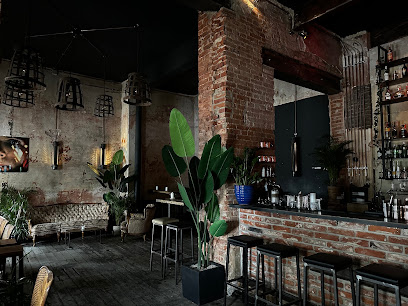
Wild Side
Discover the energetic nightlife of Hanover at Wild Side, a lively bar offering a diverse drink selection and a welcoming atmosphere perfect for socializing.
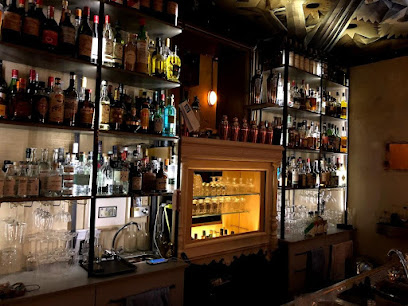
Gizmo Bar
Experience the vibrant spirit of Hanover at Gizmo Bar, where cocktails, comfort, and camaraderie come together in a lively atmosphere.
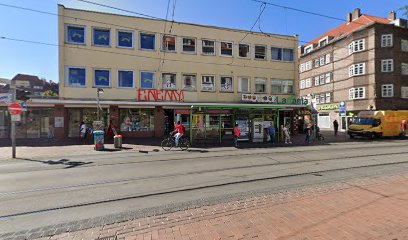
Local Phrases
-
- HelloHallo
[haˈlo] - GoodbyeAuf Wiedersehen
[aʊ̯f ˈviːdɐˌzeːən] - YesJa
[ja] - NoNein
[naɪ̯n] - Please/You're welcomeBitte
[ˈbɪtə] - Thank youDanke
[ˈdaŋkə] - Excuse me/SorryEntschuldigung
[ɛntˈʃʊldɪɡʊŋ] - How are you?Wie geht es dir?
[viː ɡeːt ɛs diːɐ] - Fine. And you?Gut. Und dir?
[ɡuːt ʊnt diːɐ] - Do you speak English?Sprechen Sie Englisch?
[ˈʃpʁɛçən ziː ˈɛŋlɪʃ] - I don't understandIch verstehe nicht
[ɪç fɛɐˈʃteːə nɪçt]
- HelloHallo
-
- I'd like to see the menu, pleaseIch möchte bitte die Speisekarte sehen
[ɪç ˈmœçtə ˈbɪtə diː ˈʃpaɪzəˌkaʁtə ˈzeːən] - I don't eat meatIch esse kein Fleisch
[ɪç ˈɛsə kaɪ̯n flaɪ̯ʃ] - Cheers!Prost!
[pʁoːst] - I would like to pay, pleaseIch möchte bitte zahlen
[ɪç ˈmœçtə ˈbɪtə ˈt͡saːlən]
- I'd like to see the menu, pleaseIch möchte bitte die Speisekarte sehen
-
- Help!Hilfe!
[ˈhɪlfə] - Go away!Geh weg!
[ɡeː vɛk] - Call the Police!Rufen Sie die Polizei!
[ˈʁuːfən ziː diː pɔˈliːtsaɪ] - Call a doctor!Rufen Sie einen Arzt!
[ˈʁuːfən ziː ˈaɪ̯nən ˈaʁts] - I'm lostIch habe mich verirrt
[ɪç ˈhaːbə mɪç fɛɐˈɪʁt] - I'm illIch bin krank
[ɪç bɪn kraŋk]
- Help!Hilfe!
-
- I'd like to buy...Ich möchte ... kaufen
[ɪç ˈmœçtə ... kaʊ̯fən] - I'm just lookingIch schaue nur
[ɪç ˈʃaʊ̯ə nuːɐ] - How much is it?Wie viel kostet es?
[viː fiːl ˈkɔstət ɛs] - That's too expensiveDas ist zu teuer
[das ɪst tsuː ˈtɔʏ̯ɐ] - Can you lower the price?Können Sie den Preis senken?
[ˈkœnən ziː deːn pʁaɪ̯s ˈzɛŋkən]
- I'd like to buy...Ich möchte ... kaufen
-
- What time is it?Wie spät ist es?
[viː ʃpɛːt ɪst ɛs] - It's one o'clockEs ist ein Uhr
[ɛs ɪst aɪ̯n ʊʁ] - Half past (10)Halb (zehn)
[halp (tsɛn)] - MorningMorgen
[ˈmɔʁɡən] - AfternoonNachmittag
[ˈnaχmɪˌtaːk] - EveningAbend
[ˈaːbənt] - YesterdayGestern
[ˈɡɛstɐn] - TodayHeute
[ˈhɔʏ̯tə] - TomorrowMorgen
[ˈmɔʁɡən] - 1Eins
[aɪ̯ns] - 2Zwei
[tsvaɪ̯] - 3Drei
[dʁaɪ̯] - 4Vier
[fiːɐ] - 5Fünf
[fʏnf] - 6Sechs
[zɛks] - 7Sieben
[ˈziːbən] - 8Acht
[axt] - 9Neun
[nɔʏ̯n] - 10Zehn
[tsɛn]
- What time is it?Wie spät ist es?
-
- Where's a/the...?Wo ist ein/der...?
[vo ɪst aɪ̯n/deːɐ] - What's the address?Was ist die Adresse?
[vas ɪst diː ˈadʁɛsə] - Can you show me (on the map)?Können Sie mir zeigen (auf der Karte)?
[ˈkœnən ziː mɪʁ ˈʦaɪ̯ɡən (aʊ̯f deːɐ ˈkaʁtə)] - When's the next (bus)?Wann kommt der nächste (Bus)?
[van kɔmt deːɐ ˈnɛχstə (bʊs)] - A ticket (to ....)Eine Fahrkarte (nach ....)
[ˈaɪ̯nə ˈfaːɐ̯kaʁtə (nax ....)]
- Where's a/the...?Wo ist ein/der...?
History of Linden
-
Linden, once an independent village, has its roots tracing back to the 13th century. It was first mentioned in historical documents in 1241. The area was primarily agricultural, with a focus on farming and small-scale trades, contributing to the sustenance of the nearby city of Hannover.
-
In 1920, Linden was officially incorporated into the city of Hannover. This integration marked a significant shift in the neighborhood's identity, as it transitioned from a rural settlement to a more urbanized area. The 20th century saw extensive development, including residential buildings and public infrastructure, aligning Linden more closely with Hannover's expanding urban landscape.
-
During World War II, Linden was heavily bombed due to its industrial complexes. The destruction had a profound impact on the local population and economy. Post-war reconstruction efforts led to the rebuilding of many structures, although some historical sites were lost forever, shaping the current urban fabric of Linden.
-
In the late 20th century, Linden evolved into a cultural melting pot, attracting a diverse population including students, artists, and immigrants. This demographic shift enriched the local culture, leading to a vibrant arts scene, numerous festivals, and a growing reputation as a hub for alternative lifestyles and progressive movements within Hannover.
-
In recent years, Linden has experienced significant gentrification, with rising property values and a shift in the socioeconomic landscape. New cafes, galleries, and shops have opened, catering to a younger demographic while the neighborhood retains its historical charm and community spirit, characterized by a blend of old and new architecture.
Linden Essentials
-
Linden is easily accessible from other neighbourhoods in Hannover. The most convenient way to reach Linden is by taking the Stadtbahn (light rail) or bus. From the central station (Hauptbahnhof), take line 10 or 11 towards 'Linden/Fischerhof' or 'Linden/Nord'. Alternatively, you can take bus line 120 or 200, which also connects to various parts of the city. If you’re coming in from the airport, you can take the S-Bahn line S5 to the main station and then transfer to the Stadtbahn or bus.
-
Linden is well-connected by public transport, including the Stadtbahn and various bus lines. The area is quite bike-friendly, with bike lanes and rental services available, making cycling a popular choice. Walking is also a great way to explore the neighbourhood's charming streets and parks. Taxis and rideshare services like Uber are also available for those preferring private transport.
-
Linden is generally considered a safe neighbourhood for tourists. However, like any urban area, it is important to remain vigilant, especially in crowded places. Stay alert in the areas around the main train stations and avoid poorly lit streets at night. Specific areas such as the outskirts of Linden can have higher instances of petty crime, so always keep your belongings secure and be cautious.
-
In case of an emergency, dial 112 for immediate assistance in Germany. This number connects you to emergency services for medical, fire, and police assistance. For non-urgent situations, you can find local police stations and hospitals throughout Linden. It is advisable to have travel insurance that covers emergencies and to locate the nearest pharmacy for minor health issues.
-
Fashion: Do dress comfortably and casually, as Linden has a laid-back vibe. Don't wear overly formal attire unless attending a specific event. Religion: Do respect local customs and avoid discussing sensitive topics. Public Transport: Do validate your ticket before boarding, and don't speak loudly or disturb others. Greetings: Do greet locals with a friendly 'Hallo' or 'Guten Tag'. Eating & Drinking: Do try local specialties at eateries; don't eat while walking in public spaces as it is frowned upon.
-
To experience Linden like a local, visit the weekly markets, particularly the Linden Market on Saturdays, where you can find fresh produce and regional specialties. Join local events or festivals, which are often advertised on community boards. Don’t miss out on the vibrant street art and murals around the neighbourhood; a walking tour can reveal hidden gems. Engage with locals in cafés or bars, as they are usually welcoming and eager to share their stories about the area.
Nearby Cities to Linden
-
Things To Do in Bremen
-
Things To Do in Hamburg
-
Things To Do in Munster
-
Things To Do in Erfurt
-
Things To Do in Lubeck
-
Things To Do in Essen
-
Things To Do in Leipzig
-
Things To Do in Potsdam
-
Things To Do in Groningen
-
Things To Do in Dusseldorf
-
Things To Do in Zwolle
-
Things To Do in Cologne
-
Things To Do in Rostock
-
Things To Do in Berlin
-
Things To Do in Bonn










